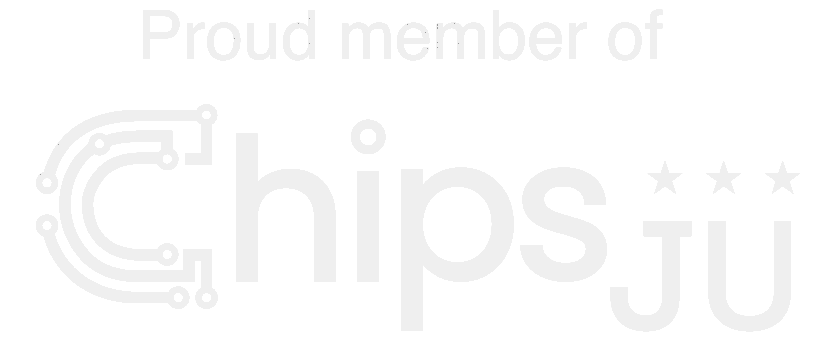
Leaked Work Programme Highlights Priorities and Increased Budget
Cluster 1, the health research section of Horizon Europe, aims to improve and protect the health and well-being of citizens of all ages by generating new knowledge, developing innovative solutions, and integrating a gender perspective where relevant to prevent, diagnose, monitor, treat, and cure diseases. It also focuses on developing health technologies, mitigating health risks, protecting populations, and promoting good health and well-being both generally and at work. Another key objective is to make public health systems more cost-effective, equitable, and sustainable while preventing and addressing poverty-related diseases and supporting patient participation and self-management.
The expected impacts of Cluster 1 are outlined in the Horizon Europe strategic plan. Areas of intervention include:
- Health throughout the life course
- Environmental and social health determinants
- Non-communicable and rare diseases
- Infectious diseases, including poverty-related and neglected diseases
- Tools, technologies, and digital solutions for health and care, including personalized medicine
- Healthcare systems
According to a leaked draft work programme for Cluster 1, the 2025-2027 agenda prioritizes advancing the digital transformation and fostering a resilient, competitive, inclusive, and democratic Europe.


Expanding Research Areas
Cluster 1 will emphasize disease prevention, personalized medicine, equitable healthcare access, and improved responses to cross-border health threats. Digital technologies and artificial intelligence are positioned as key enablers in achieving these objectives.
The draft also includes a new emphasis on habilitation and rehabilitation research for disabilities—an area previously overlooked in Horizon Europe. For that purpose, the European Commission plans to allocate €40 million to improve the quality of life for individuals with intellectual disabilities and their families. This call aims to enhance early diagnosis, deliver timely medical treatments, and develop interventions to prevent disease progression.
Budget Recovery and Growth
Following significant budget cuts in 2024, health research funding under Horizon Europe is set to rebound. The draft work programme proposes a budget increase of €62 million for 2025, raising the total allocation for Cluster 1 to €803 million. This funding will be granted across six focus areas, with additional calls and resources expected before the final programme release in April.
Most calls are scheduled to open in May 2025, with some employing a two-stage application process.

Major Disease Research Initiatives
Disease prevention and management will remain a cornerstone of the programme, with significant funding dedicated to non-communicable and communicable diseases, mental health, antimicrobial resistance, and pandemic preparedness. Among the initiatives, one call will support research into phage therapy for antibiotic-resistant infections, while another will focus on innovative interventions for mental, behavioral, and neurodevelopmental disorders.
Infectious disease research will receive further backing through calls for developing antibodies and antibody-derived proteins to address diseases with epidemic potential. Artificial intelligence will also play a role, with specific funding for AI-driven solutions in pandemic preparedness and response.
The European Partnership for Brain Health is set to receive approximately €150 million over three years, contributing to the implementation of the European Health Data Space. An additional €77 million is earmarked for the European Research Area for Health Research public-private partnership.
Driving the Digital Transition
With a proposed budget of €220 million for 2025, digital transformation in healthcare remains a significant focus. Four calls will address inclusive and sustainable technologies, data utilisation, and digital solutions. Key initiatives include an €80 million call for enhancing cell therapies using genomic techniques and another €80 million call to accelerate the translation of biotech research into innovative medical therapies.
These priorities reflect the EU’s commitment to addressing pressing health challenges while fostering innovation, sustainability, and inclusivity within the healthcare sector.



Leave a Reply